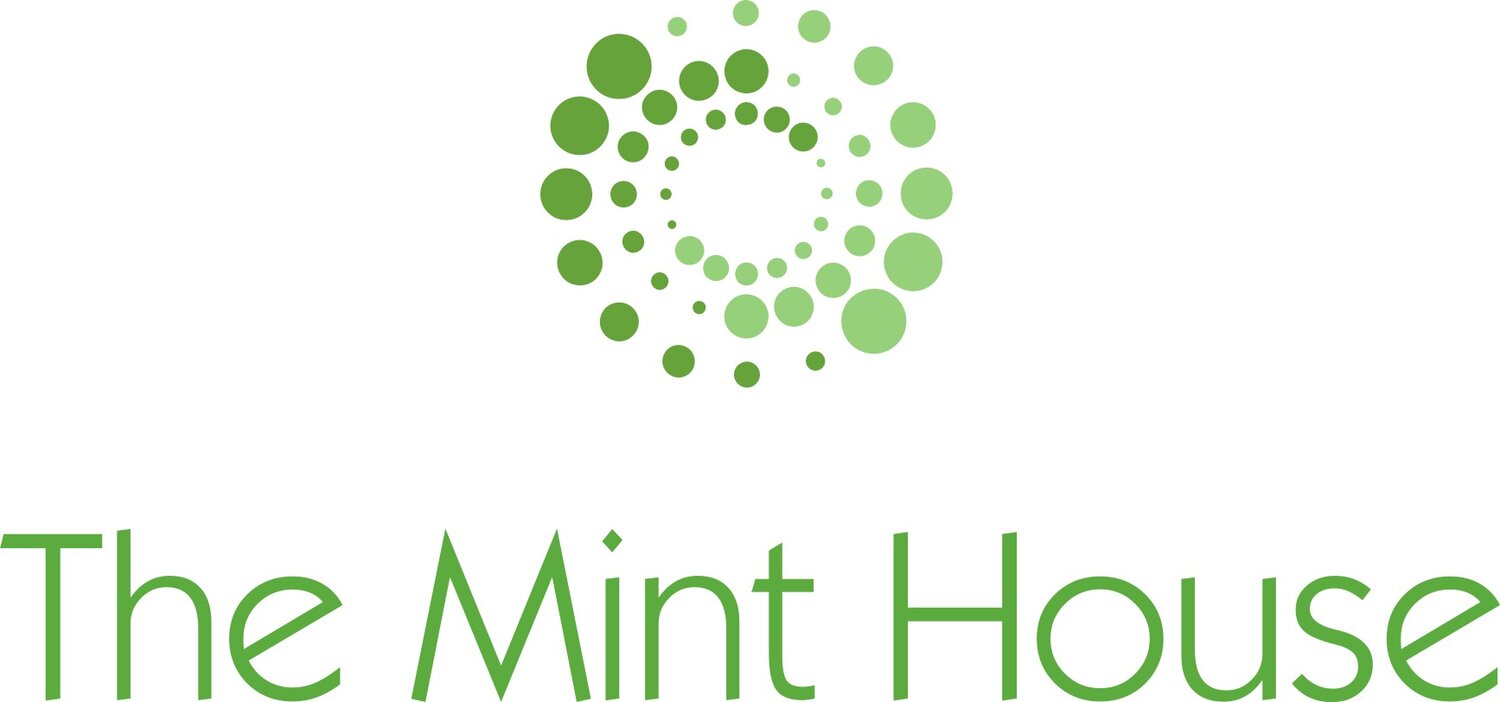Restorative practice in education
Restorative practice in education can mean many different things. It is perhaps best described as a set of values, behaviours and approaches aimed at:
building healthy relationships
helping people to express themselves
surfacing and meeting unmet needs that affect behaviour and prevent people reaching their potential
helping people find their own solutions to issues or problems
dealing with conflict and repairing harm when things go wrong.
In practice this commonly involves a mix of approaches such as circle time, informal restorative conversations and (in some cases) restorative meetings or conferences, but when fully implemented it permeates all aspects of school life, including teaching methods, policies and procedures and approaches to decision-making.
Restore Our Schools
A group of school leaders, researchers, consultants and charities recently came together to produce a resource to help schools plan for how schools can be restored in the aftermath of COVID-19. You can find their very helpful website here:
Research on restorative practice in schools
There’s been much recent research on restorative practice in schools. Click below for our summary with links to some recent systematic reviews and research syntheses:
Embedding restorative practice in schools
A 2020 Lancaster University study by Jo Warin and Rebecca Hibbin draws on research in 10 diverse school settings to explore these questions:
How do schools implement, embed and sustain RP?
How far is taking a whole-school approach necessary to the success of RP?
How can parents be most effectively involved in RP?
You’ll find the findings here:
Other useful resources and links
Belinda Hopkins has also written widely on restorative practice in education. You’ll find her publications here: Transforming Conflict
Tom Shaw spoke at a Mint House event on the topic of System Wide Restorative Practice - The Golden Thread in Schools.
Iffley Academy (Oxford) is a beacon of best practice in restorative practice in schools.
